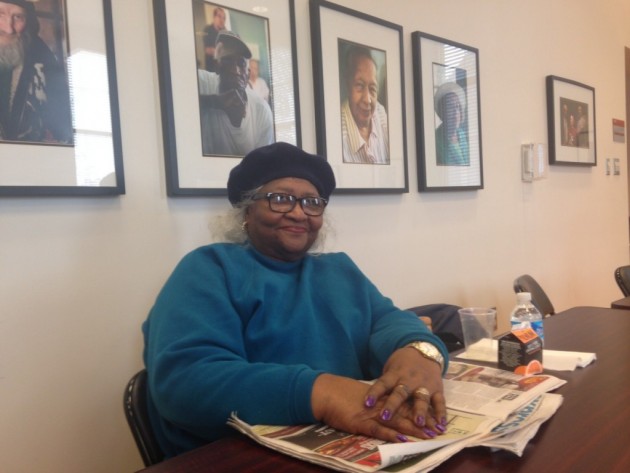Like a phoenix, the U Street area has risen from the ashes of the 60s riots and the 80s drugs, said Stanley Mayes, a life-long resident of the area.
And, while some residents and businesses have moved on, Mayes and others refuse to leave.
“I’m in for the long haul,” he said. “This is my neighborhood.”
When he was younger, Mayes said, the area was a fun-loving close-knit community. After the assassination of Dr. Martin Luther King Jr., riots broke out and destroyed much of the area. Then, the 80s brought a drug war against cocaine.
“We stayed, and we fought through the damage,” Mayes said. “We didn’t stop working on developing our neighborhood.”
But, Mayes said that he and other neighbors, who were focused on rebuilding their community and bringing businesses to the area, did not foresee the possible negatives.
As newer condos sprout up, older properties’ taxes are soaring. Residents and businesses that cannot afford the new rates have left. But, Mayes and some businesses refuse to give up.
“This is our home, our legacy,” said Kamal Ali, one of the two owners of the historic Ben’s Chili Bowl. “This is the historic U Street area, with a very rich African American history and we’ve been a big part of that.”
Kamal’s parents, Ben and Virginia Ali, opened the well-known restaurant in 1958, and it is now a landmark on U Street.
But, landmark status has not kept the rising taxes away from their doorstep. Ali said the taxes have more than tripled in the past year.
He said the argument is that, technically, he and his brother could build up to six stories high because that is now the allotment in the area. And, the city expects him to pay taxes based on that fact. For this year, the brothers were able to appeal the taxes.
“But, we have to go through the same process next year,” he said. “It doesn’t mean it will be appealed next year.”
The only hope for assured lower taxes for next year is a bill to give tax relief to small businesses in the District. The bill suggests using the city budget’s surplus to offset the higher taxes for commercial properties, and will be voted on by the end of the year.
However, there is no legislation in place for the current residents. Their taxes have also tripled.
“The people that bought a $17,000 house years ago are being told to pay taxes as if they had bought a $700,000 house,” Mayes said. “But, they didn’t ask to live in a $700,000 house; that’s why they bought the $17,000 house.”
So, according to Mayes, the people who would like to stay in their neighborhood may not have a choice to stay.
Walter Pinkey, a resident for 12 years, said he would leave the area only if his landlord raised the rent. But, he would prefer to stay.
“I decided to stay here because I like the neighborhood,” he said.
Pinkey said the changes in the area bother him, but there’s nothing he can do to change it.
“Eventually,” he said, “we’ll all have to go.”



